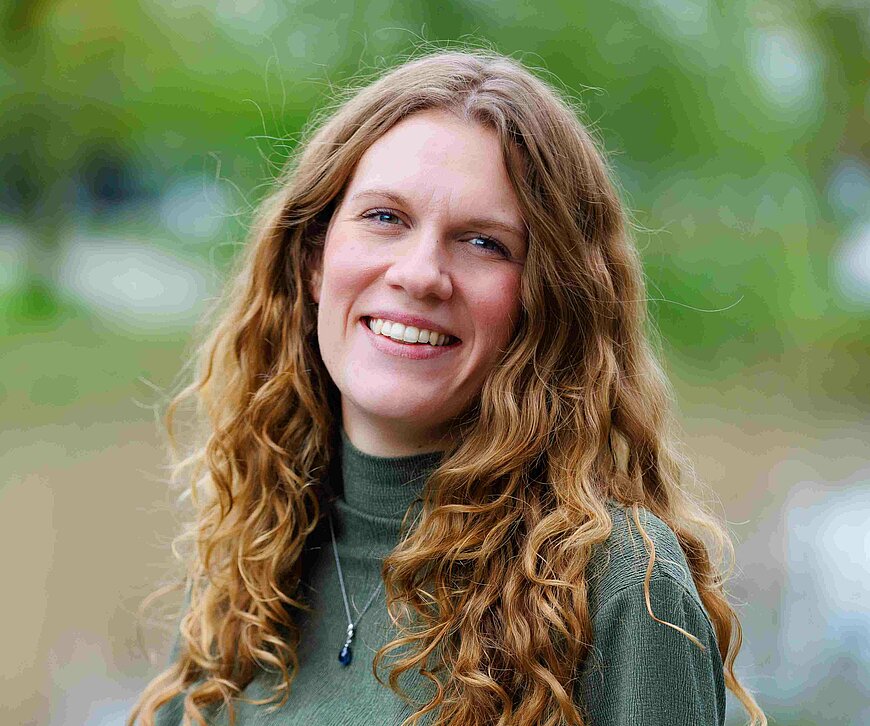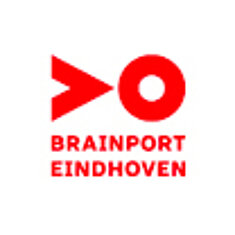Regio Deal: Internationalization of Education

'Internationalization of education: you don't have to do it alone'
Education in the Brainport region is becoming increasingly international. Not only because of the growing number of children with a non-Dutch background, but also because the world (digital) is increasingly at our feet. Many initiatives and support options have already been developed to help schools and childcare locations internationalize. These are made possible in part by funds from the Regional Deal.
'When I first started working on the internationalization of education six years ago, this theme was relevant at a small number of schools,' says Mieke Zijlstra, project leader at Brainport Development. 'At the time, mainly in municipalities such as Eindhoven, Veldhoven, Best and Helmond. That is different now. Childcare and education professionals from throughout the region have to deal with more and more different cultures. This brings opportunities, but also challenges. Think of children who do not yet speak Dutch or parents who have different ideas about education. But the increasingly international region also demands something from students: collaborating with and being open to other cultures is becoming more important.'

More urgent theme
To help childcare locations and schools with these challenges, Brainport Development developed the Internationalization of Education program. 'An important pillar within that program is knowledge sharing. In that context, we hold a number of inspiration meetings every year. First 40 to 50 childcare and education professionals attended, now 160. That's very cool to see.' Mieke tells her story at one of those meetings, namely Internationalization of Education. 'Now that the theme is becoming bigger and more urgent, more initiatives are emerging. As a childcare or education professional, this can raise questions: who can I turn to for what help? With this meeting we want to clarify this and show that schools and reception locations do not have to do it alone.'
Learning from and with each other
During the Internationalization of Education meeting, all kinds of initiatives in the field of internationalization are discussed, such as the World Citizenship Academy. Teachers and students from different countries work together on assignments. Another example: the new platform Insidr, which supports international parents with questions about education in the Netherlands and the Brainport region. Brainport Development developed both projects in collaboration with educational professionals. 'But there are also inspiring initiatives from schools themselves,' says Mieke. 'For example, Taalkracht - part of Summa College - provides lessons at primary schools, with the aim of increasing parental involvement. That is also what these inspirational meetings are intended for: learning from and with each other.'

Cooperation
Precisely for that reason Tanja Jonkers and Hanneke van Rooij (child center De Vlier in Brouwhuis) visit the meeting. 'The group of international children is growing at our school,' says Hanneke. 'It is nice to know what is already offered to these students, their parents and our teachers. We come here to gain inspiration.' Other cultures also bring a different view of education, notes her colleague Tanja. 'An example: in many countries it is not common for toddlers to learn through play, but in the Netherlands it is. That sometimes raises questions, especially in more performance-oriented cultures.' Many schools have to deal with these types of issues. That is why, according to Mieke, it is important that they seek connections with each other and Brainport Development. “Internationalization requires cooperation.”
Task Force
In addition to inspiring and sharing knowledge, the Internationalization Education program focuses on, among other things, promoting the expertise of teachers and pedagogical staff, educational development and extra support for schools with many international children.
There is also a Taskforce 'Educational Challenge Brainport' in which representatives from childcare, (special) education, the business community and municipalities discuss and put on the agenda the challenges facing education. The first task that has been given priority is Internationalization of Education. To this end, a regional agenda 'Education Task Internationalization Brainport Region' is being drawn up.

Region Deal
The Internationalization of Education program runs until 2025 and is funded by the Brainport Eindhoven Region Deal. 'These funds are intended for innovations with social impact, improving the level of regional facilities, attracting and retaining talent and strengthening the economy in general. Then it really isn't just about the (children of) knowledge workers. Because that's what people sometimes still think. Internationalization of education is all about ensuring that everyone reaches their full potential: from the teacher to the student, regardless of their background.'
